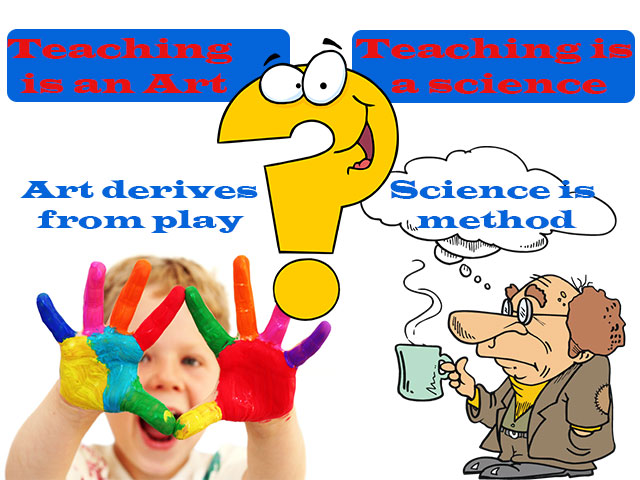The Art and Science of Teaching
I was intrigued by an article I read recently in The Atlantic. It was called The Future of College? by Graeme Wood (Aug 13, 2014). The Minerva Project has opened a new college in San Francisco. Or at least that is where its offices are located. It is hard to know if Minerva is actually anywhere in space.
It is a proprietary online model that leverages lessons learned from Skype, Khan Academy and Coursera. It is actually a for-profit accredited university. The CEO is youngish Ben Nelson whose goal is either to reform or to disrupt the liberal arts college model. Perhaps he simply wants to substitute online learning for face-to-face instruction.
Education in the modern world: What questions do we need to ask?
Some claim education is an art and a science. Nelson, the CEO of Minerva, has disputed this: “It’s a science and a science.” What do you think?
Pablo Picasso created a unique perspective of the world through “cubism,” his unique style of art. He once said of the modern technology, “Computers are useless. They can only give you answers.” What does that imply?
 Art or Science: What is the upshot?
Art or Science: What is the upshot?
Teaching is an ART in important ways:
- It is humanistic, organic and inherently indeterminate.
- Art is creative and often expressive. Material is organized in novel, artistic ways so that it stays fresh.
- It is an interactive process of engagement between teacher and learner, or between person and subject.
- Teachers relinquish creative control to students so that they can fulfill their own artistic side.
- Art and Play live together in the same cognitive home.
Teaching is a SCIENCE in important ways:
- It is predicated on scientific method.
- It is based on the use of evidence.
- One can test whether a lesson was successful.
- It can be improved through research-based best practices.
- It has elements that must be included in the formula for success such as planning, standards alignment, student feedback, and assessment.
Alternate Minds for an Evolving World
Our students are not ingredients in a stew recipe. Why do we need an educated public anyway?
“The Mind Is Not a Vessel That Needs Filling, But Wood That Needs Igniting”
Whether we attribute the above quote to Plutarch, Socrates or Yeats is immaterial. Teaching is the search for inspiration. It is a desire to invite students to take responsibility for their own learning, and to make that learning both more meaningful and more effective.
